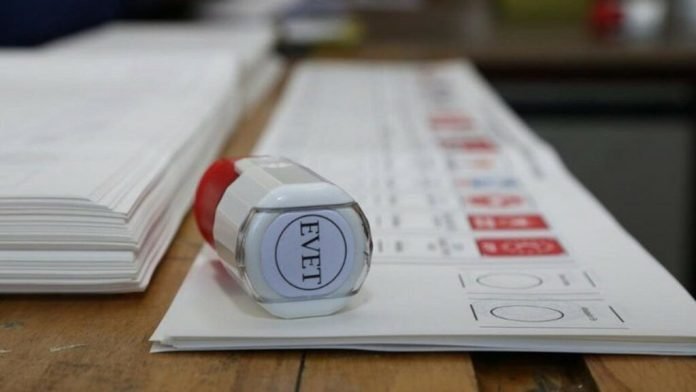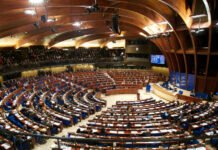The second round of the presidential election in Turkey was well run, but media bias and ongoing restrictions to freedom of expression created an unlevel playing field and contributed to an unjustified advantage of the incumbent, international observers representing the Organization for Security and Co-operation in Europe (OSCE) and the Parliamentary Assembly of the Council of Europe (PACE) said in a statement today.
International observers from PACE, the OSCE Office for Democratic Institutions and Human Rights (ODIHR) and the OSCE Parliamentary Assembly (OSCE PA) monitored the presidential election runoff held on Sunday in Turkey.
President Recep Tayyip Erdoğan was the winner of the historic runoff that will extend his 20-year rule until 2028. He received 52.1 percent of the nationwide vote, while his main rival, opposition candidate and leader of the Republican People’s Party (CHP) Kemal Kılıçdaroğlu, got 47.8 percent, according to the preliminary results.
The joint international observation mission found that the election gave voters the opportunity to choose between real political alternatives but was characterized by increasingly inflammatory and discriminatory language during the campaign period.
“Concerns raised during the first round over the lack of a level playing field and the unfairness of the campaign remained unaddressed, with the incumbent president continuing to benefit from an unjustified advantage,” said Farah Karimi, special coordinator and leader of the short-term OSCE observer mission. “Regretfully, the use of harsher rhetoric by both contesting sides that was discriminatory and inflammatory further polarized the political environment. Voters came out in great numbers yesterday, and it is crucial that the winner makes genuine efforts to ensure the unity of the people of Turkiye.”
“The second round of the presidential elections has resulted in a clear winner. Nevertheless, this second round also took place in an environment that in many ways does not provide the conditions for holding democratic elections,” said Frank Schwabe, head of the PACE delegation.
According to the joint statement, Turkey’s Supreme Election Board (YSK) managed the preparations for the second round efficiently within a short timeframe, however, postponed the declaration of the final parliamentary results until after the second round, missing the deadline earlier set.
The trial and arrest of journalists and bloggers continued ahead of the runoff, the joint statement said.
The joint mission included 232 observers from 31 countries, made up of 181 ODIHR-deployed experts, long-term and short-term observers, 31 from the OSCE PA and 20 from PACE.














